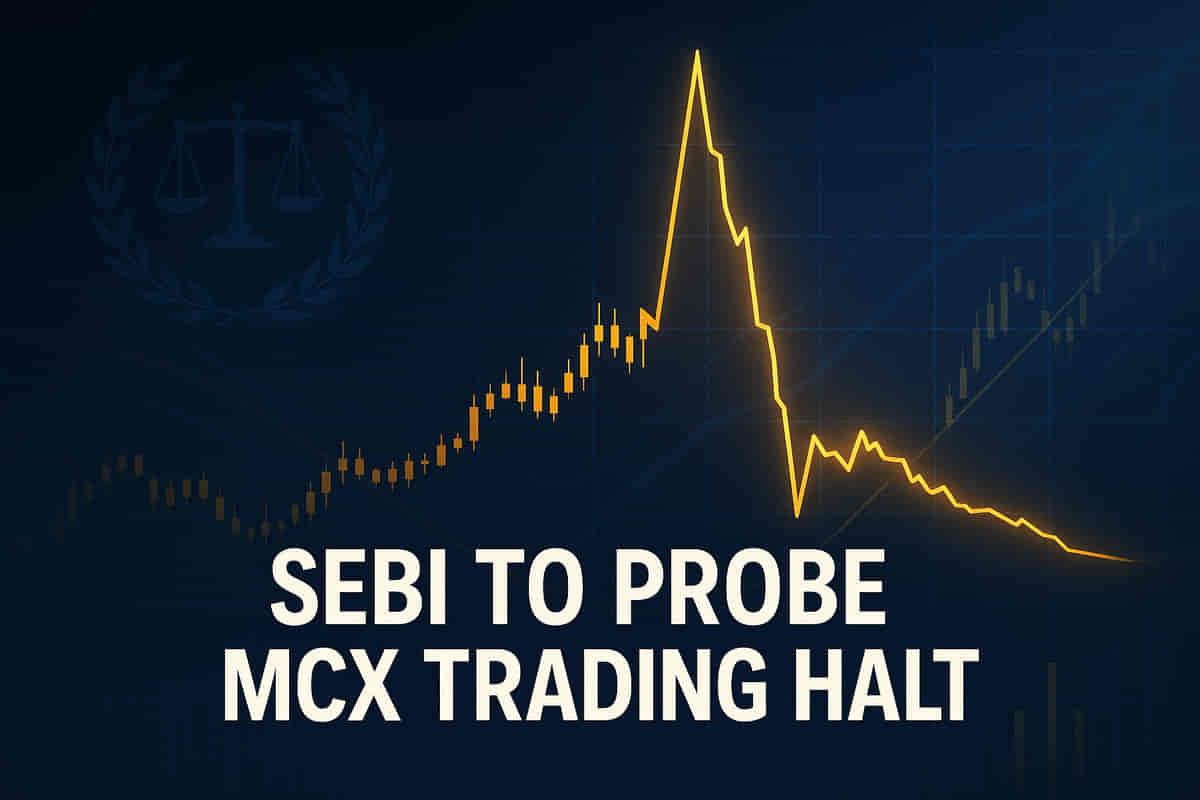SEBI Likely to Penalize MCX Over Four-Hour Trading Halt Due to System Capacity Issues
Commodities
|
31st October 2025, 12:20 PM

▶
Stocks Mentioned :
Short Description :
Detailed Coverage :
India's market regulator, the Securities and Exchange Board of India (SEBI), is reportedly preparing to penalize the Multi Commodity Exchange (MCX) for a significant four-hour trading halt that occurred on a recent Tuesday. Sources indicate the outage was due to a 'capacity breach,' meaning the exchange's systems could not handle the surge in trading activity and the number of clients logged in. This failure to manage the trading volume led to a complete disruption.
SEBI is also concerned about the time it took for MCX to identify the root cause of the problem. It is anticipated that SEBI may direct MCX to upgrade its system capacity to prevent similar incidents. The issue was so severe that even the exchange's disaster recovery site, intended for such emergencies, was also affected due to the persistent volume spike, hindering a swift return to trading.
MCX has stated that its trading systems have predefined parameters for 'unique client codes' that led to constraints beyond their threshold. The exchange claims it has implemented measures to prevent future occurrences.
Impact: This news is significant for investors in MCX and the broader Indian stock market due to concerns about trading infrastructure reliability. A penalty or directive for upgrades could affect MCX's operations and financials. Trader confidence might also be shaken by frequent disruptions. Rating: 7/10
Difficult terms: Capacity breach: A situation where a system or network cannot handle the volume of traffic or data it receives, leading to a failure or slowdown. Unique client codes: Identifiers assigned to individual clients for trading purposes, used here to indicate the number of active participants the system struggled to manage. Disaster recovery site: A backup data center that an organization uses to restore its IT infrastructure and data in the event of a major failure or disaster at its primary site.